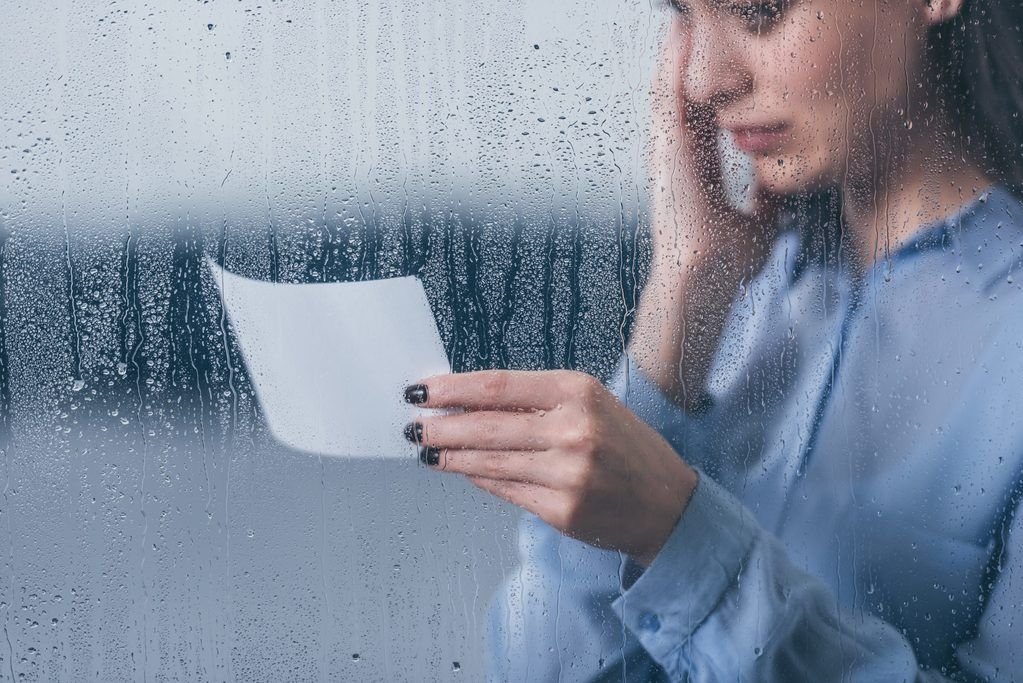Misconceptions About Anxiety
Misconceptions About Anxiety
Like many things, anxiety is a disorder that only people with anxiety can truly understand. This makes it really hard for others to empathize with you, because they have not experienced it themselves. It also means a lot of common misconceptions get thrown around. Here are some things that are often said about anxiety that are simply not true. It helps to understand them when you are on the path to improving your own mental health, or you know someone else struggling with anxiety.
Anxiety is Just Worrying Too Much
Anxiety and worry can often happen at the same time, but they are not the same thing. Having anxiety is NOT just being worried about something and definitely not something you can just will away by “not worrying as much”. Being worried about something and having anxiety are not the same thing, though you can definitely experience both simultaneously.
You Can “Get Over” Anxiety
Anxiety is a mental illness, just like depression and bipolar disorder. While there are many different facets of anxiety disorders, and not everyone needs professional help for anxiety, it is not something you can just get rid of by thinking positively or going for a run.
This is also a bit of a gray area, since it is possible to reduce the effects of anxiety or reduce panic attacks with daily routines, therapy, medication, and many other treatments. But that doesn’t mean you cure your anxiety or get rid of it completely.
Anxiety Isn’t a Serious Mental Illness
According to the Anxiety and Depression Association of America, anxiety is the most common mental illness people deal with in the U.S. It affects over 40 million adults in the U.S. alone, even though less than 40% of these people get treatment for it.
Why is that? Because the general consensus is that it isn’t that serious. People assume anxiety is just stress or worrying or worse, they are just overreacting. But if you think you have anxiety, you should think about getting help for it. There are many different forms, each with different effects on your mind and body.
Avoidance is the Answer
You can’t avoid anxiety and hope it will get better on its own, just like you can’t avoid stress, depression, PTSD, or any other mental health issue you are facing. Just pretending your anxiety doesn’t exist is only going to exacerbate it because you aren’t learning coping techniques for dealing with anxiety attacks.

